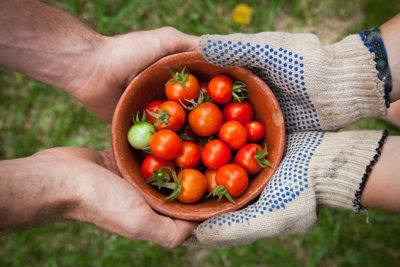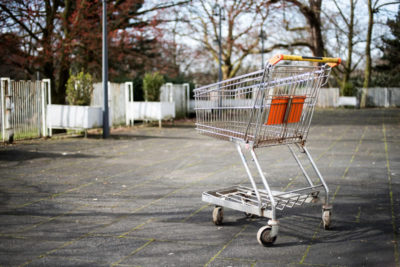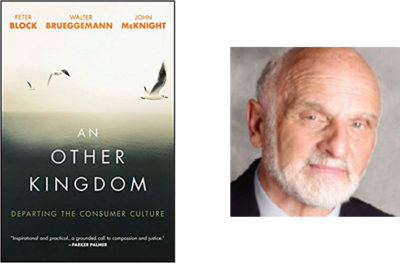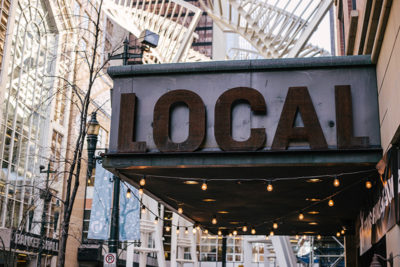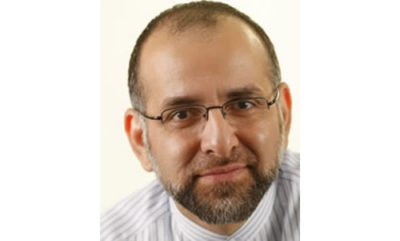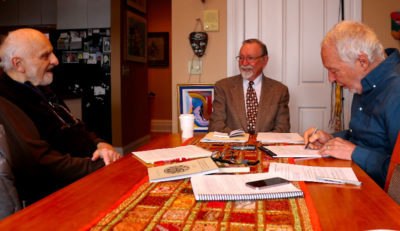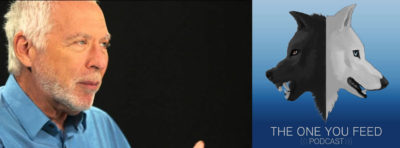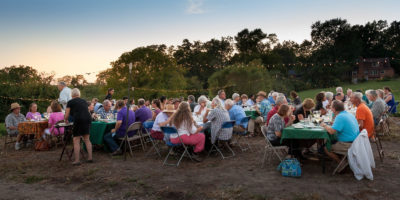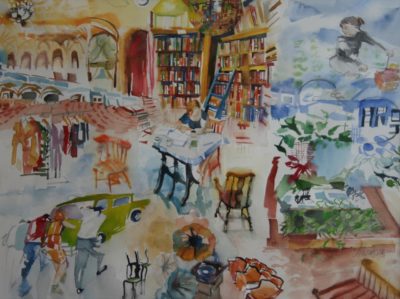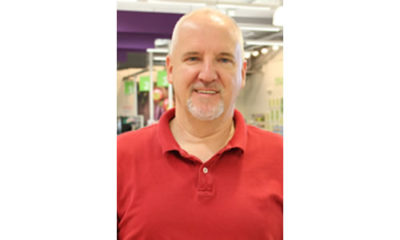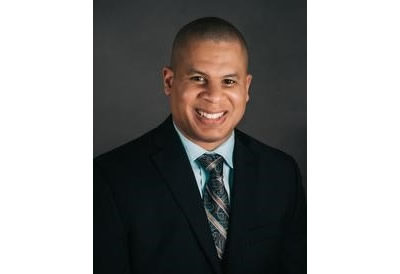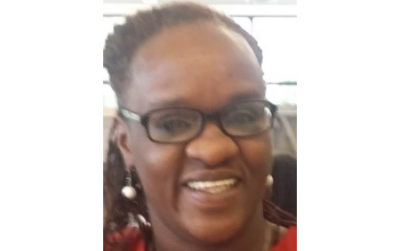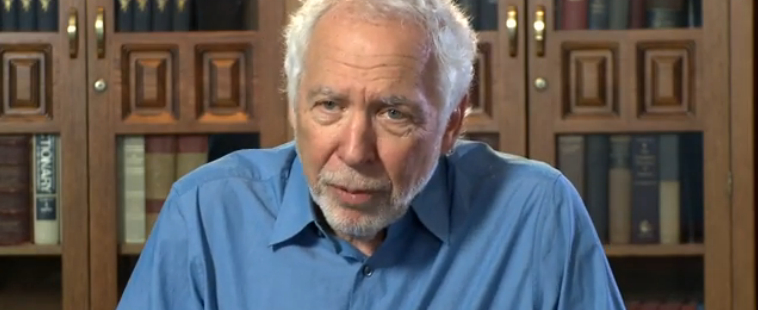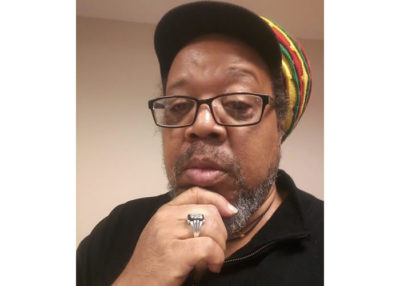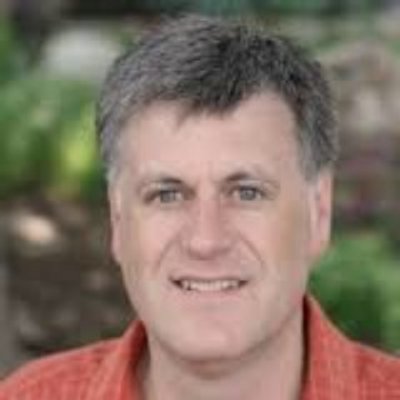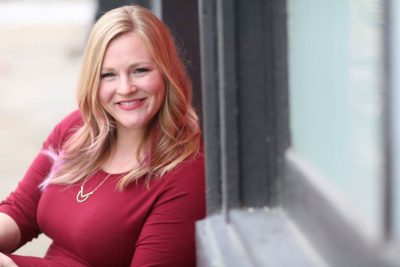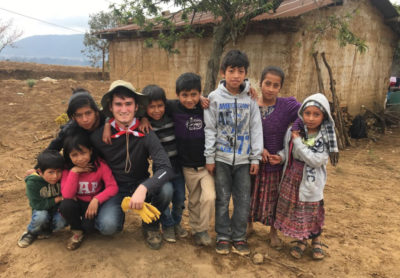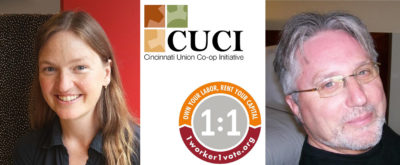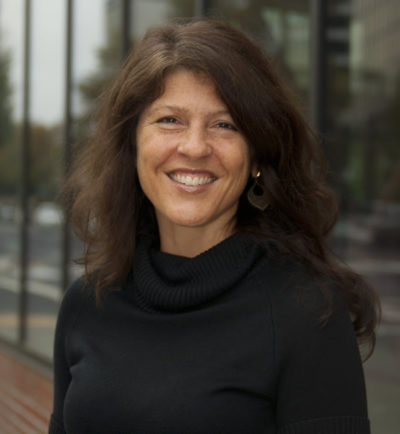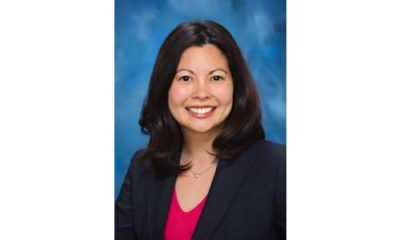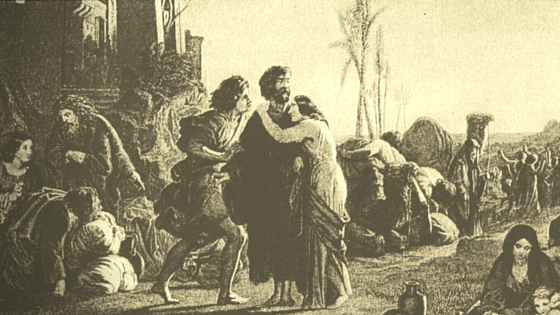Tag Archives: Alternative Economy
Unfair Advantage Stacy Mitchell on How Amazon Undermines Local Economies
Podcast: An Alternative Economy Today
Economist Mark Anielski welcomes Peter Block onto his podcast to discuss initiatives that are looking to overcome the economics of isolation to create an alternative economy. From the Old Testament story of the end of slavery to the reconstruction of land after the Civil War in the U.S., Peter and Mark reflect on lessons from the past and how they are relevant now. In Cincinnati, the Economics of Compassion Initiative and Jubilee projects are showing what can be done today to shift the narrative and start living into a neighborly or indigenous economy. Listen:
Another Other Kingdom
Economics of Compassion Initiative on the Ground in Spring Grove Village
Neighborly Economics: A Way Towards the Exchange of Gifts
Building a Jubilee EconomyThe J-RAB, INC. Business and Service Coordination Center
Walter Brueggemann: Pharaoh’s Economy Today
Debt and Usary in Islam
Announcing Common Good
Podcast: Freeing Yourself from Consumer Culture
What is the free market consumer ideology? How does its assumptions affect our lives? In this “The One You Feed” podcast, guest Peter Block discusses concepts from his book, An Other Kingdom, including the pillars of the free market consumer ideology: Scarcity, Certainty, Perfection, and Privatization. As people search for meaning and freedom, Peter shares how neighborliness and covenant are part of an alternative narrative.
Listen:
Quotes:
“Questions bring us together. Answers alienate us.”
“The scarcity mindset is a lie. There is enough.”
“The ‘how’ question destroys our faith in each other, as if the only thing that matters is how long, how much, how predicable.”
Related Read:
The Consumer Economy and its Crushing Assumptions
The Jubilee Campaign
Ground-breaking grocery store
Fare & Square VP of Retail Operations Mike Basher shares insight into the Chester, Pennsylvania supermarket formed by a Philadelphia food bank (Philabundance). Fare & Square is the first nonprofit grocery store of its kind in the U.S. bringing healthy, affordable food to what was once a food desert.
Operating in a low-income neighborhood, the store takes an interest in sharing how to prepare healthy food for low cost. Competing for low prices on meats, offering a special carry cash rewards system and educating customers on different choices are some of the ways Fare & Square is uniquely serving its community.
Don’t miss listening to the full conversation and hear how this model could be replicated across the country.
Listen:
Quotes:
“We’re trying to provide families in this community fresh affordable healthy foods that they can get right in their own back yards.” – Mike Basher
Related Links:
Fare & Square (store website)
Chester’s Nonprofit Food Market Tries to Square Mission with Bottom Line (online feature by Laura Benshoff for WHYY)
Chester Supermarket, ‘Fare & Square’ Changing Lives in Community (news clip by Matt DeLucia, NBC10 News)
Jubilee Forum: Islamic Economics on Debt Forgiveness
Visions of a Just Economy
Jubilee is an attempt to be a “ray of light that pierces through the darkness of fear,” says Adam Clark. In this audio recording, Adam, Associate Professor of Theology at Xavier University, talks with Peter Block about the modern vision of Jubilee – a biblical metaphor based on a period of economic re-distribution where slaves are set free, land is returned to its original owners and debts are forgiven.
Adam talks about the ideology of consumerism as a form of religion, the politics of disposability, distributing ownership and more in this radical conversation. Listen here:
Quotes:
“What’s so kind of remarkable about the consumer religion is that it’s not attached to any place. It’s all over. Any place is interchangeable . . . . The religion is something that thrives in homogenizing global culture.” – Adam Clark
“A beloved community is where everybody has some control over their economic lives and participates in the economy. That’s just never happened.” – Peter Block
Related Links:
View these videos of Adam Clark in conversation with Peter Block:
https://www.restorecommons.com/jubilee-professor-adam-clark/
https://www.restorecommons.com/professor-adam-clark/
Residents Collaborate for Change
“We are here to change the paradigm, how you think, about public housing residents,” says Lashkela “Nikki” Steele, the Parliamentarian and Service Coordinator for J-Rab (Jurisdiction Resident Advisory Board) Inc. J-Rab advocates for social justice and represents more than 15,000 public housing residents.
Nikki shares how J-Rab’s business and service coordination center is working through the six “p’s” to prosperity. The first task is planning and looking at residents who have capacities and skills that are marketable. They are bringing resident-owned businesses together and supporting them. “There is good every single day that goes on (in public housing),” she says.
A mother of three and grandmother of 11, Nikki is a Sullivan Community College graduate and aspires to receive a Bachelor’s and then Master’s degree. Listen to her talk at the “Sanctuary as Jubilee” Community Forum and Conversation:
Changing the Neighborhood Conversation
Part of Jubilee work is to change the narrative away from the predominant culture where people who don’t have wealth are considered broken. Peter Block says reconstructing our language and thinking involves changing how neighborhoods are measured.
He’s working on an economic neighborhood vitality index that measures the economic productivity of citizens and neighborhoods that are traditionally called broken, poor or untrained. Questions such as: What are you good at? What do you make/fix/care for? Where do you get money if you need to borrow it?
“That’s the real Jubilee idea,” says Peter, convener of the Jubilee Circle. “It’s not we’re going to write out a check and forgive the debts. It’s that we’re going to re-construct the narrative of who these neighbors are.”
He also shares about the need to welcome and get connected with people who are strangers. Peter was one of the speakers at The Economics of Compassion Initiative’s “Sanctuary as Jubilee” Community Forum and Conversation. Listen to more:
Personal Jubilee Journey
Cincinnati resident Ras TafarI shares about his own path to Jubilee and involvement with his building’s J-Rab (Jurisdiction Resident Advisory Board) – which advocates for social justice and represents more than 15,000 public housing residents. He shares about the impact of getting involved in J-Rab meetings, learning about being a section three resident and making community connections.
Listen to more of his story from The Economics of Compassion Initiative’s “Sanctuary as Jubilee” forum:
Faith Communities Form Sanctuary Movement
How does the world we live in give rise to the need for sanctuary as Jubilee? In response to vulnerable community members and undocumented immigrants the Cincinnati faith community is knitting together a sanctuary movement, with roots after the Hebrew scriptures cities of refuge. Places of worship are viewed as a safe place, and 17 congregations are offering sanctuary.
Rev. Troy Jackson, Executive Director at the AMOS Project and former Senior Pastor at the University Christian Church, discusses how Jubilee involves a restoration of property and place and equalizing.
Listen to Rev. Jackson’s message from the Economics of Compassion Initiative’s “Sanctuary as Jubilee” forum:
Rabbi Practices Debt Forgiveness with Congregation
A Case for Empathy
Did You Know There’s a Union Co-op Movement?
What possibilities do worker-owned co-ops hold for an alternative economy? In the Basque region of Spain, Mondragon is the world’s largest group of industrial worker-owned co-operatives transforming the region from poverty to thriving and resilient communities. In Cincinnati, the Cincinnati Union Co-op Initiative (CUCI) is doing the same.
Michael Peck, co-founder of 1worker1vote.org and a North American Delegate for Mondragon, and Kristen Barker, president and co-founder of the CUCI, join Peter Block and John McKnight in a conversation about union co-op possibilities, successes and struggles. Listen to the full conversation:
Quotes
“This integrated network of co-ops is one of the exciting things that is now coming to life in a much bigger way in the United States because of this Mondragon union co-op.” Kristen Barker
“Stakeholders are coming together who have decided that it’s time to re-own their own economy. It’s time to take their economic sovereignty back and they look to us as a way forward to do that, not just a pathway out of poverty, but a pathway to actual prosperity.” Michael Peck
More Resources
Mondragon: http://www.mondragon-corporation.com/eng/
Cincinnati Union Co-op Initiative: https://www.cincinnatiunioncoop.org/
Upcoming event: National Union Co-op Symposium
Creating an Alternative Economy: BALLE’s Michelle Long
Michelle Long, BALLE (Business Alliance for Local Living Economies) executive director, shares the story of BALLE’s co-founder Judy Wick, who built the socially responsible White Dog Café in Philadelphia through sourcing based on relationships with the land and people in her community.
Founded in 2001, BALLE (pronounced “bahl-ee”) works with local businesses who want to collaborate for the good of their communities, and helps the communities share ideas in various places in North America.
BALLE formed a Community Foundation Circle for foundation leaders who want to see investments used to strengthen community economies. Traditionally, when a donor gives a community foundation gift, the money is placed as a community grant. People are waking up to using money for impact investments.
Listen to her full conversation with Peter Block and John McKnight:
Building Neighborhood Economy: City Solicitor Paula Boggs Muething
City of Cincinnati solicitor Paula Boggs Muething joins Peter Block and John McKnight in conversation on what’s economically possible for poor and marginalized neighborhoods. (more…)
Jubilee Forum 4 – Reverend Troy Jackson
Jubilee Forum 4, December 3, 2015
Reverend Troy Jackson is Executive Director of the Amos Project. He speaks in a personal way about how debt becomes isolating and something we feel we must hide. He connects the Jubilee idea to the civil rights movement. We now have the opportunity to create an alternative economy, which is the unfinished business of that movement.
Jubilee Forum 2 – Reverend Rob Rhodes
Jubilee Forum 2, September 3, 2015
Reverend Rob Rhodes of Christ Church Cathedral speaks of the Kingdom of God in contrast to the Kingdom of Pharaoh, and the presence of Jubilee in the New Testament. The idea of Jubilee has existed at times, now is the time of remembering it, living the Gospel, bringing it into our community, embracing an alternative economy, as the center of Christianity.



